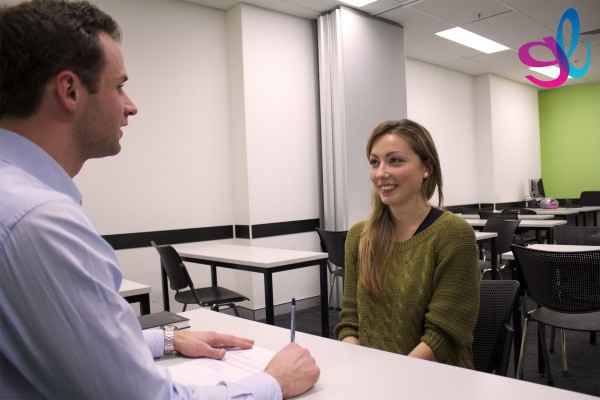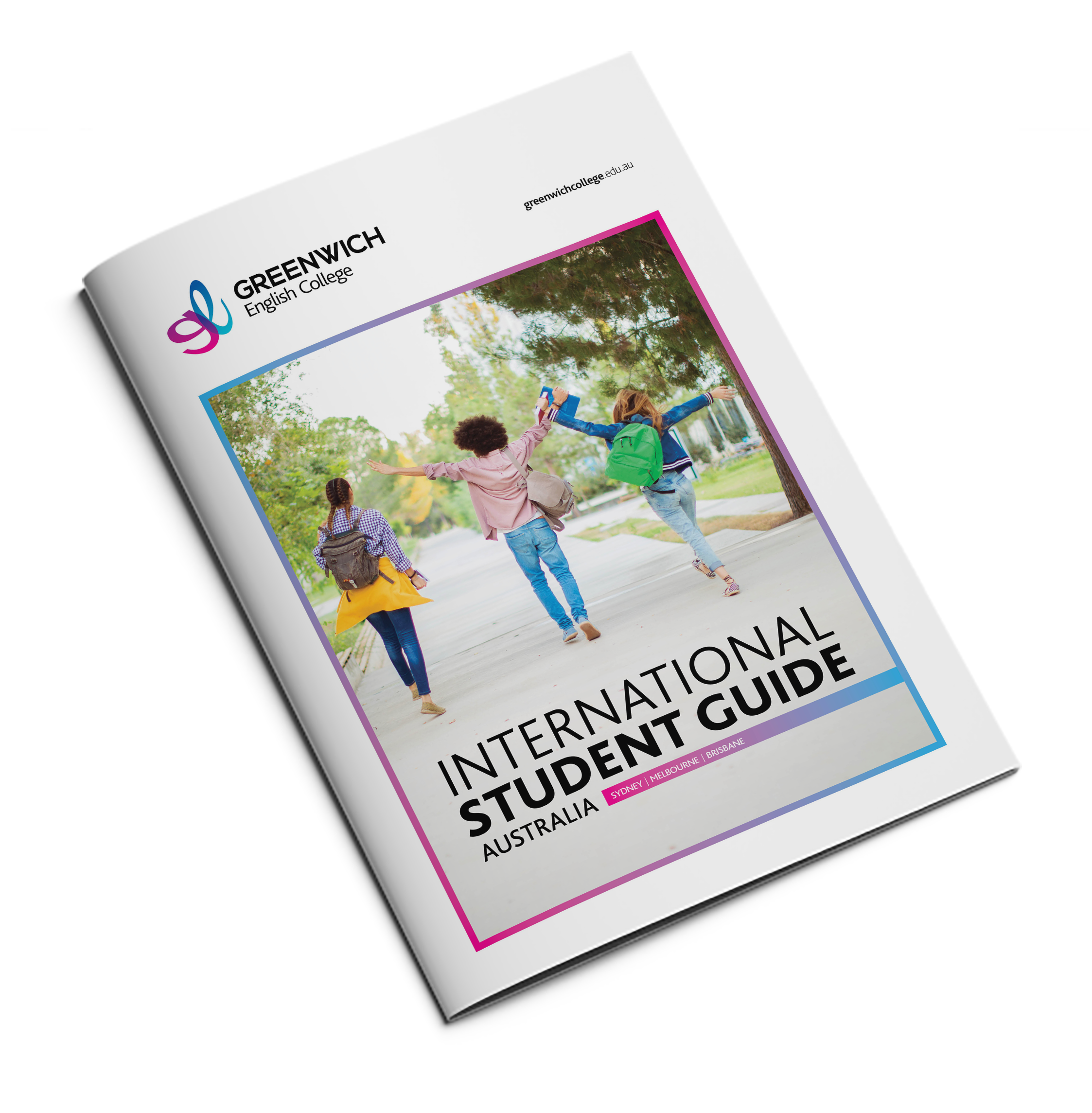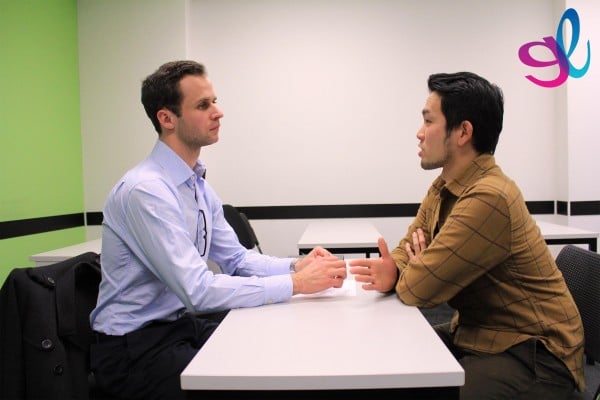.jpg?width=1903&height=644&name=IMG_4106%20(1).jpg)
Latest News

Acquiring Vocabulary
There are huge differences between a native speaker’s vocabulary and a language learner’s vocabulary. Most importantly, of course, there is the quantity. A well-educated English speaker knows between 17,000 and 20,000 word families (the verb, noun, adjective, and adverb of a word). That’s a lot of words!

Notice that they know the whole family. It’s very important that you learn the family of a word if you want your English to grow quickly and well. For example, everyone knows the adjective ‘long’ – but do you know the verb, ‘to lengthen’? If you spend your time learning single words, your vocabulary will develop slowly and there will be a lot of gaps in your ability to construct sentences.
So what do you need to know? As mentioned above, you should know the noun, verb, adjective, and adverb of each word in your vocabulary. It’s also very important to learn the dependent preposition. For example, there is no point in knowing the adjective ‘interested’ if you don’t know that it takes the dependent preposition ‘in’, for example, ‘I am interested in learning more vocabulary!’
But which words should you focus on? The good news is that a lot of the work has been done for you. Various researchers have made what are known as ‘General Service Lists’ (GSL). If you do a Google search, you will find several variations. The GSL is usually 2000 words and their families, the most commonly used English words, and if you know these 2000 words, you will be able to understand 80-90% of most written texts. The other good news is that depending on your level, you will probably know a lot of the base words – you just need to ensure you learn the family.
Find a source that you like and start working on expanding your vocabulary. Be well prepared with a good English-English dictionary to help you understand the word and its usage. If you focus on a clear list and spend time using and integrating the new vocab into your conversations and your writing, you will see a big improvement.
Good luck!
 Chinese
Chinese Japanese
Japanese Italian
Italian Korean
Korean Spanish
Spanish Portuguese
Portuguese Thai
Thai Vietnamese
Vietnamese








